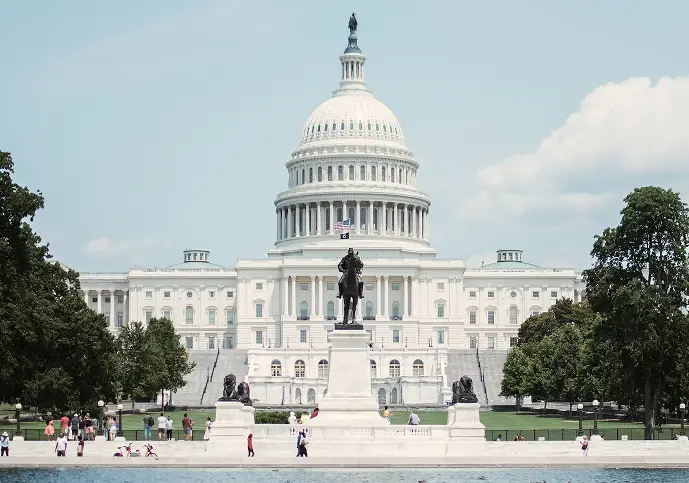In a letter to lawmakers on Friday, Treasury Secretary Janet Yellen extended the predicted deadline when the US would begin to default on its obligations, as Joe Biden and Republican lawmakers continue to hash out a deal on a federal borrowing cap.
In the letter on Friday, Yellen wrote, “Based on the most recent available data, we now estimate that Treasury will have insufficient resources to satisfy the government’s obligations if Congress has not raised or suspended the debt limit by June 5.”
On Friday, as he departed to spend Memorial Day weekend at Camp David, Biden said a deal seemed “very close.” The potential deal will increase the debt limit by roughly $4 trillion, which according to analysts would push the issue far enough off that it would not be an issue in the 2024 elections.
Yellen had previously warned on Monday that the US Treasury might run out of money as soon as June 1st, however her department now says that it will be able to continue paying the nation’s bills until next weekend before the country will have difficulty satisfying its obligations.
In a separate analysis, economists at Goldman Sachs estimated that the deadline would fall around June 9th.
Representative Patrick McHenry, one of the Republican lawmakers seeking to draw out concessions from the Democrats on federal spending cuts said, “We’re not done, but we’re within the window of being able to perform this.” House Speaker Kevin McCarthy has said he would like to see the budget for next year be smaller than the budget for 2023.
Currently set at $31.4 trillion, the federal debt ceiling, which was set by Congress, is the maximum amount the government is allowed to borrow to pay its debts. The government hit the cap in January, prompting the Treasury to implement a suite of extraordinary measures to allow the nation to continue paying its obligations.
Nouriel Roubini, the renowned New York University professor and economist who predicted the 2008 financial crisis and was nicknamed Dr. Doom by Wall Street in the process, has predicted that if the two sides fail to reach an agreement in time, and the US defaults on even some of its obligations, it may set off a market crash and create longer-lasting issues with confidence in the US dollar.

